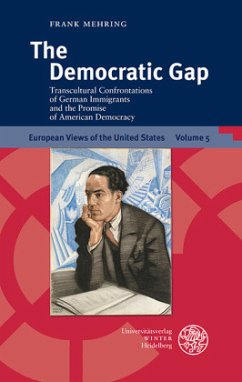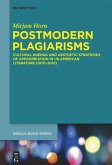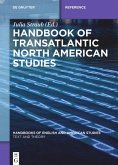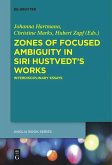Why has the promise of American democracy been so persuasive to immigrants despite prejudice regarding cultural inferiority, a history of slavery and genocide, violations of human rights, media manipulations, and imperial self-righteousness? How can we analyze, understand, and evaluate the response patterns of immigrants, which evolved after the shock of arrival in the United States and the encounter with severe democratic shortcomings? This book investigates patriotic dissent of naturalized German immigrants to overcome what I call the democratic gap, namely the discrepancy between democratic ideals and practices. By turning to six force fields (abolitionism, female emancipation, cultural pluralism, patriotic performance culture, the civil rights movement, and Holocaust consciousness), a comparison of democratic criticism between German immigrants and African American writers reveals the underlying premises of transcultural confrontations and hidden motives behind declarations of Americanness. The response patterns discussed are also relevant for other immigrant groups such as Asian Americans, Arab Americans, or Hispanic and Latino Americans.
Bitte wählen Sie Ihr Anliegen aus.
Rechnungen
Retourenschein anfordern
Bestellstatus
Storno





